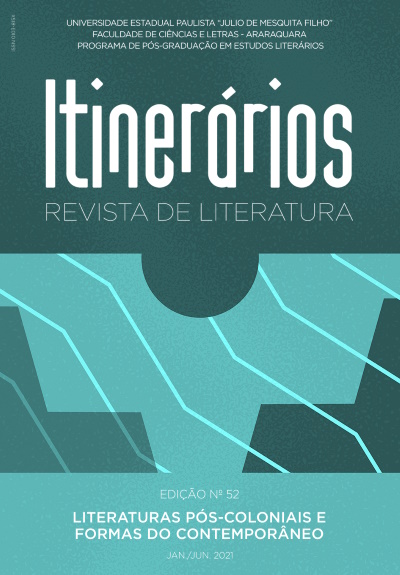Edgardo Rodríguez Juliá
which identity?
DOI:
https://doi.org/10.58943/irl.vi52.14717Keywords:
Puerto Rico, Identity, Rodríguez Juliá, Colonial system, LiteratureAbstract
In Latin America, while some countries already formed as sovereigns have lived their process of identity construction in correspondence with the conquest of their independence, the movement made by Puerto Rican literature is the opposite: they have to found a nation that does not exist in reality, because it was doubly colonized, starting from literature. In this case of Puerto Rico, what would be the “specific characteristics”? This question has obsessed Puerto Rican writers. For this paper, I am mainly interested in analyzing the implications of the colonial period in Puerto Rico and its link with identity through the work of Edgardo Rodríguez Juliá (Río Piedras, 1946), in which the main features of modern Puerto Rican writing converge: the search for identity and the production of historical novels. Although he has an extensive novelist work, his greatest fecundity has been in the chronicle genre. Two of his chronicles will be studied in this work: El entierro de cortijo (1983) and Puertorriqueños. Álbum de la sagrada familia puertorriqueña desde 1989. Juan Duschesne-Winter, Jacques Derrida, and Pierre Bourdieu will support the analysis with some of their theoretical premises.
Downloads
Published
Issue
Section
License
Os manuscritos aceitos e publicados são de propriedade da revista Itinerários. É vedada a submissão integral ou parcial do manuscrito a qualquer outro periódico. A responsabilidade do conteúdo dos artigos é exclusiva dos autores. É vedada a tradução para outro idioma sem a autorização escrita do Editor ouvida a Comissão Editorial.

